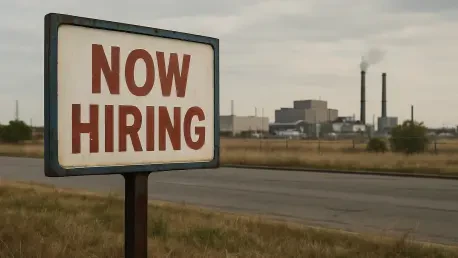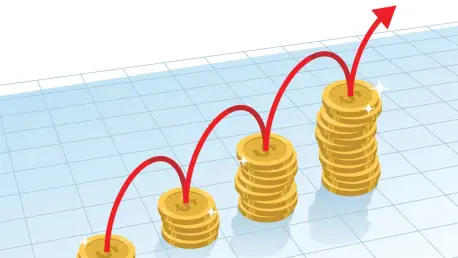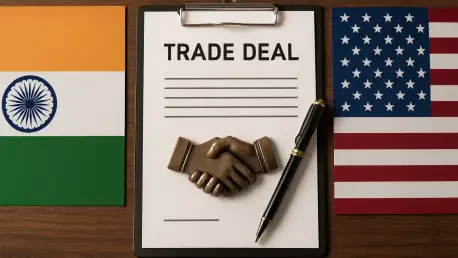
The fierce competition for talent that defined the post-pandemic economy appears to be officially over, replaced by a wave of high-profile layoffs and a historic drop in hiring plans that signal a significant chill in employer sentiment. As we move through the new year, the once red-hot U.S. labor

European stock markets navigated a complex session on Wednesday, closing with a mixed but slightly positive performance as a flood of corporate earnings reports gave investors plenty to dissect. The pan-European Stoxx 600 index managed to inch up by a marginal 0.1%, but this modest gain concealed

A Tense Stand-Off: Caracas's Diplomatic Gambit Amid Political Upheaval The fictional capture of Venezuelan President Nicolás Maduro by the United States has sent profound shockwaves through global energy markets and diplomatic circles, creating a high-stakes geopolitical drama centered on the

The typically steady U.S. bond market recently delivered a jolt to investors, with a sharp upward movement in Treasury yields signaling a significant recalibration of economic expectations. As a critical barometer for the nation's financial health, Treasury yields influence everything from the

A Landmark Announcement Shakes Up Global Trade Former President Donald Trump has made a stunning announcement of a major new trade deal between the United States and India, a development he claims will be implemented immediately. Revealed through a post on Truth Social following a conversation with

A landmark 2025 report has unveiled a sprawling and highly sophisticated criminal ecosystem, revealing that Chinese-language money laundering networks (CMLNs) successfully channeled an estimated $16.1 billion in illicit funds through cryptocurrency transactions in a single year. This astonishing